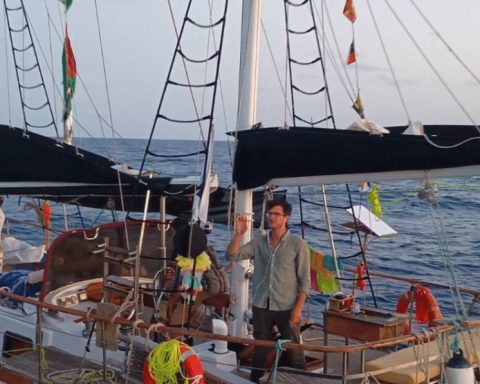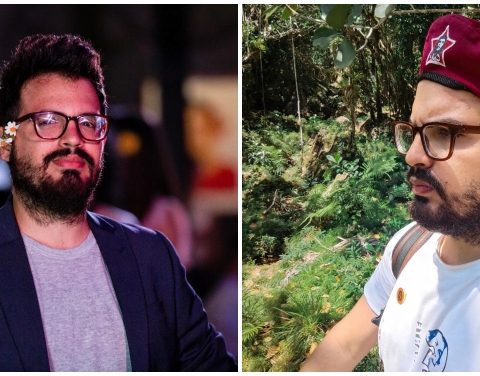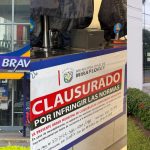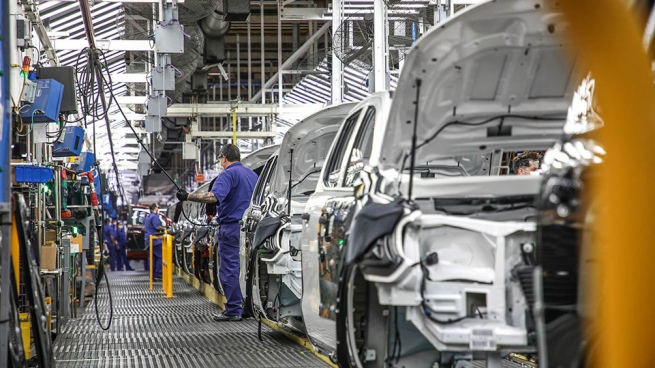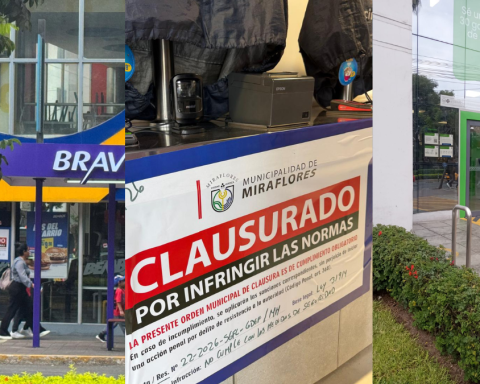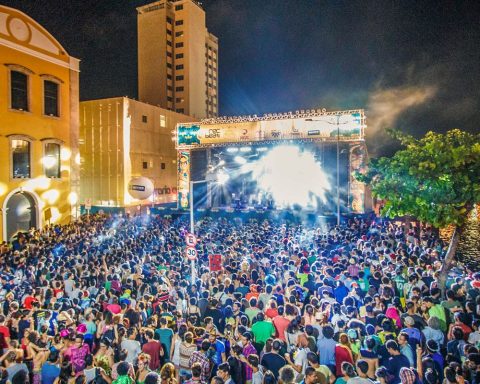Enjoying coffee requires, in addition to an excellent flavor, a good cup, a goal to which the Barro sin cress project is dedicated every day, where dedication and creativity come together to shape this and other pieces for the enjoyment of the public, betting by local entrepreneurship as a way of development.
Emerged in 2003, in the Artemis municipality of San Antonio de los Baños, this group as a member of the Cuban Association of Artisan Artists (ACAA) and the Artemisa-Mayabeque branch of the Cuban Fund for Cultural Assets (FCBC), is dedicated to the manual elaboration of utilitarian craft products that stand out for their quality and designs.
The origin in a cup of coffee
Jorge Armando Acosta, one of the founders of the project, explained to the Cuban News Agency that it all began when, together with his wife and daughter, they made coffee cups in a small oven in their patio, which they later sold to interested people.

Later, he said, the team was formally formed and they began to commercialize those articles covered by the provisions of the ACAA that as registered creators allow them to sell those small works of art, where they combine artisan manufacturing with striking decorations and which have been, little little by little, gaining public acceptance.
Barro sin watercress owes its name, clarified the interviewee, to the carefreeness and satisfaction with which these creators work this material for the realization of volumetric humor pieces, winners in events organized by the San Antonio de los Baños Humor Museum.
A process that rewards patience and dedication
Zoraida Posada González, Jorge Armando’s wife and also founder, pointed out that working with clay, like other artistic processes, requires patience and dedication to turn natural elements into cups, jugs and candy pots, some of their most popular genres.

By joining specific amounts of clay, kaolin and feldspar in a mixture formulated by the family, a mass is achieved, which is placed in plaster molds and after several processes acquires a medium hardness that makes it possible to shape the material, eliminate imperfections, apply the The glazing technique they use to shine it, decorate it using various methods and bake it to a good final consistency, he added.
Then, Posada González pointed out, they eliminate the articles with any imperfection, classify according to the model, match those of the same game and package them for commercialization, as a result of valuable relationships established with the Raw Materials Recovery Company (ERMP) of Mayabeque, where they buy old cardboard boxes that they use to distribute the products to their customers.
A project also for the community
Maday Acosta Posada, daughter of Jorge and Zoraida, and also creator of Barro sin berro, commented that another important facet of the project is its contribution to the community, since it employs residents of San Antonio de los Baños and interacts with the children of some schools .
The exchange with the schoolchildren, he specified, allows the little ones to learn a little about working with this material from the creation of their own pieces in the form of earthenware that are then decorated and placed in schools for their enjoyment, that of the children. families and the community.

For Maday, who learned this art from her grandfather and parents and now shares it with her brother, husband and two young daughters, interacting with children is one of the most rewarding parts of her busy life, as it gives her the opportunity to share. with the little ones the joy of doing that first modeling.
With a view to the future
Acosta Posada told ACN that a large volume of these items is currently sold in Artex’s network of stores in Artemisa, Mayabeque and Havana, Cimex Artemisa, Comercial Lauros and self-employed who purchase them through the FCBC.
He specified that meeting these commitments requires a business vision that plans to expand the line of work by hiring more staff and purchasing disused devices to turn them into the equipment necessary to manufacture the parts.

He pointed out that they also take advantage of the opportunities offered by the State for the stable purchase of raw materials in national deposits through the FCBC, they are considering expanding the clothing area and looking for their own space to serve the population.
The results of Barro sin berro show that well-organized and executed local entrepreneurship projects are capable of providing benefits to the country, by creating new jobs and substituting the import of quality and tasteful utilitarian crafts, demanded by the public, taking advantage of the island’s resources and the creativity of Cuban artists.
For this reason it deserved the Grand Prize of the 2021 Artemisa Productive Economic Forum, held recently.



